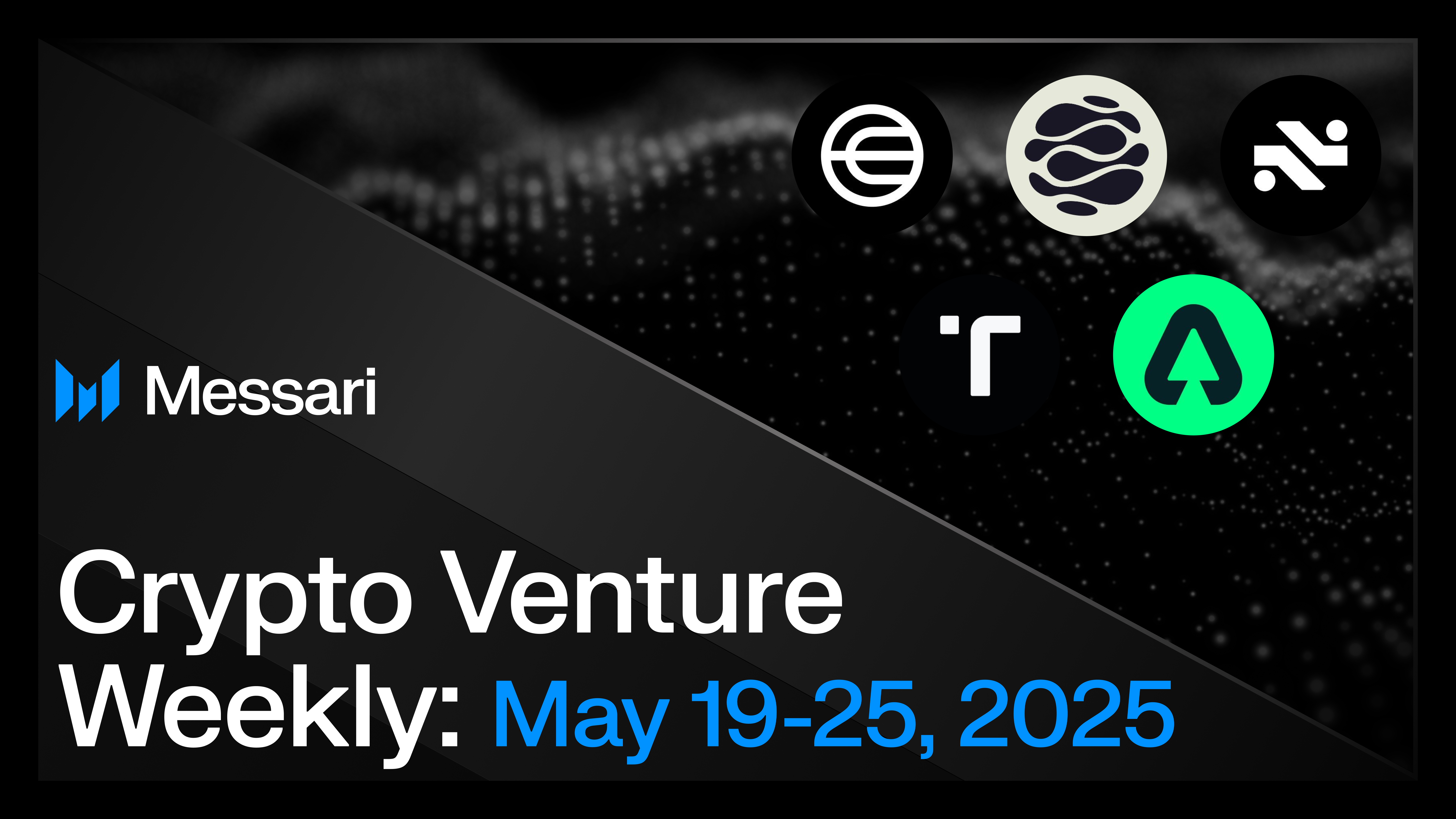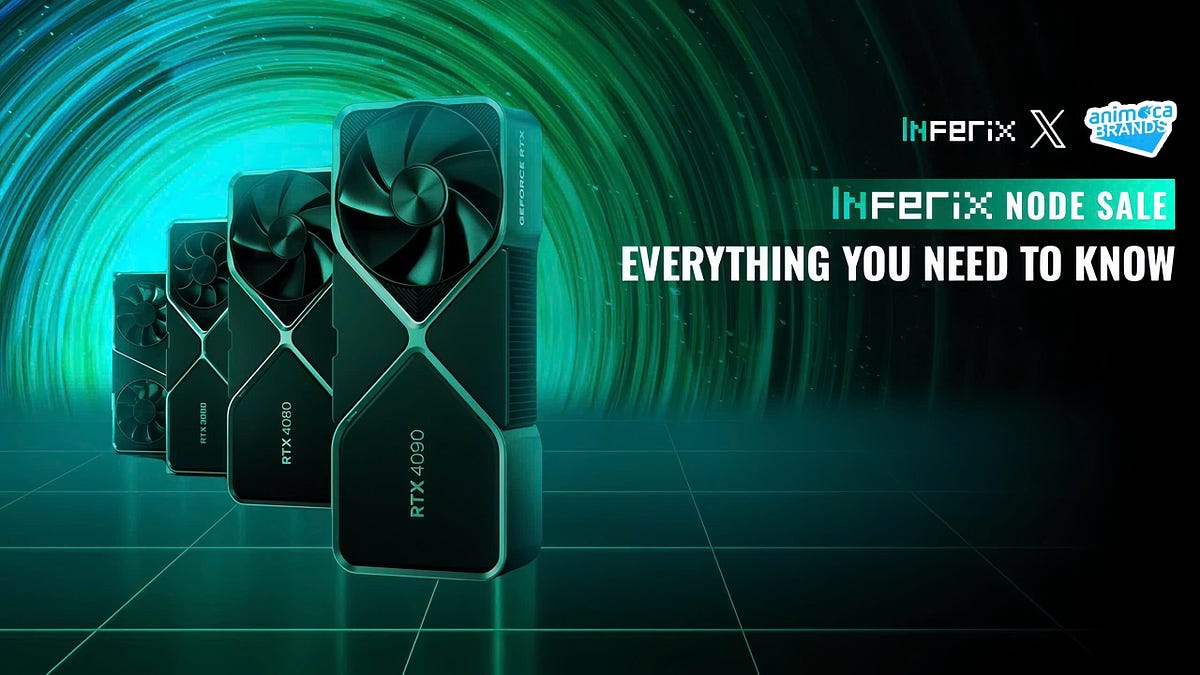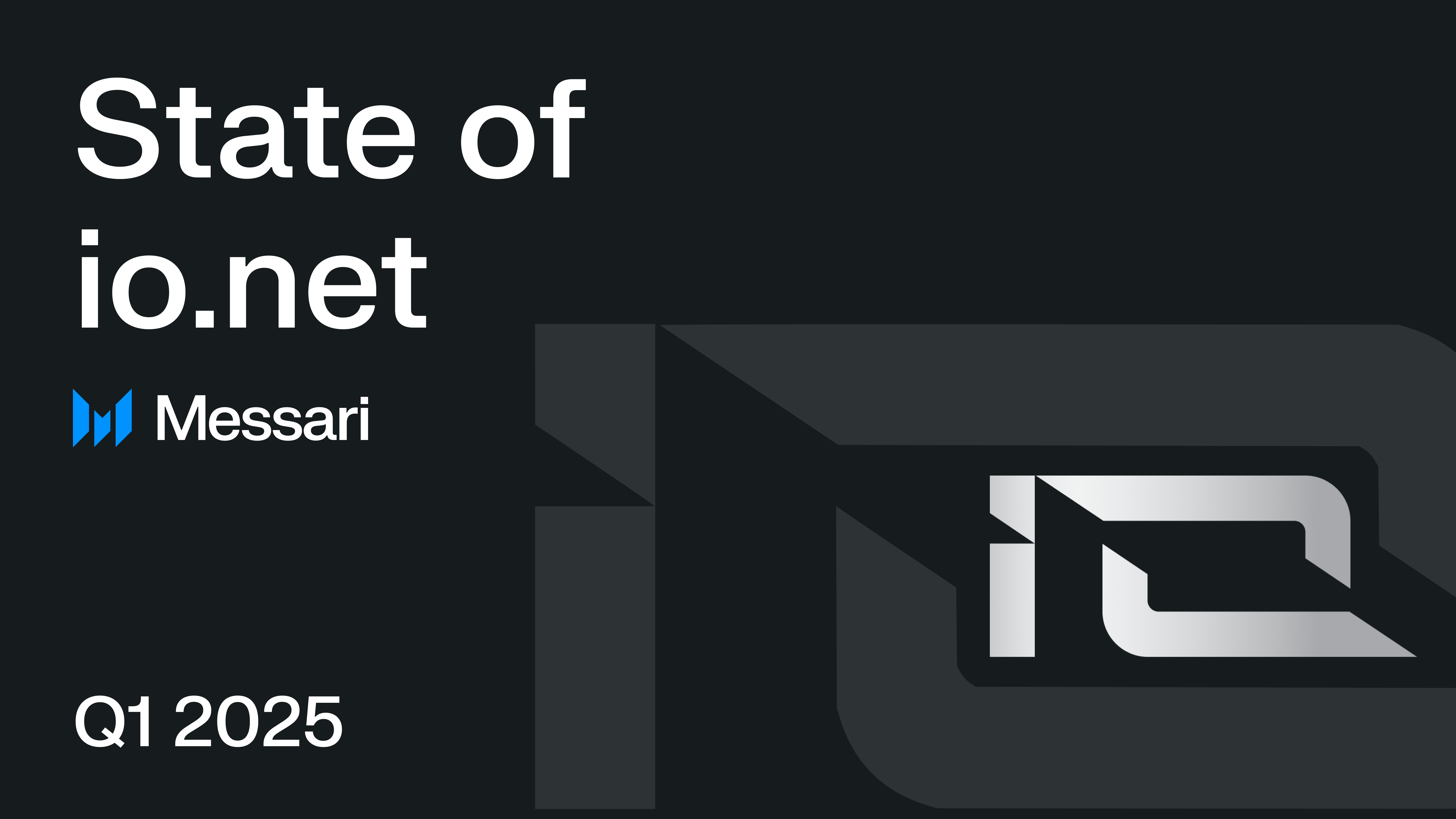Bittensor (TAO) Shows Bullish Potential Amid Market Consolidation

Bittensor (TAO) has recently captured the attention of traders and investors, particularly as it has experienced a notable 20% increase this month. Despite a 10% decline over the past week, the token’s performance indicates a bullish outlook for the longer term. TAO has successfully broken out of an inverted head and shoulders pattern, surpassing the $600 level before entering a consolidation phase. Traders are now closely monitoring the $500 zone, as a bounce from this level could signal further upward movement if market conditions align favorably.
As traders navigate the current market dynamics, many have mistakenly interpreted the recent price action as a sign of a bearish trend. This has led to an influx of short positions, which may have backfired as TAO’s price surged, trapping these shorts. Currently trading around $560, TAO’s return to breakeven levels may prompt trapped traders to exit their positions, potentially triggering a bounce. The token’s recent pullback to the $500 range is viewed as a short-term buying opportunity, with analysts suggesting a bullish convergence on the 4-hour chart could lead to a price target of $800 by 2025.
Despite the optimistic long-term outlook for Bittensor, traders remain cautious due to some weakness indicated by the MACD. If TAO loses support, it could dip below the $500 mark again. Nevertheless, Bittensor continues to rank among the top AI and Big Data projects, alongside notable competitors like Near Protocol, Oasis, and The Graph. This strong positioning in the market suggests that Bittensor is well-equipped to recover from recent corrections and may see further gains in the coming months, making it a project to watch closely for potential investment opportunities.
Related News





